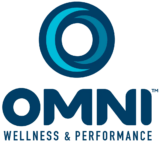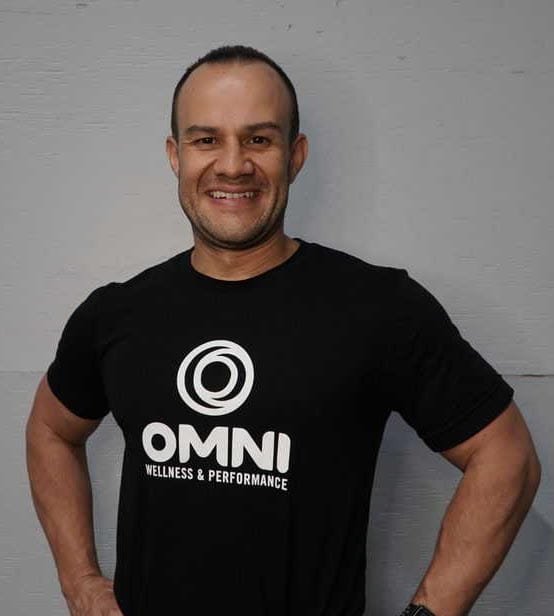Dry needling is very similar to acupuncture in that it involves the use of thin needles in trigger points in the skin that can treat various musculoskeletal issues. Acupuncture is founded on traditional Chinese medicine (TCM) whereas dry needling was founded on Western medicine principles.1
Most shudder and discontinue reading after they see the word “needle,” but most dry needling patients describe the experience as being painless. Some patients report feeling a deep cramping of the muscle that the needle was inserted into along with some involuntary muscle jumps/twitches. This means that the desired tissue is being positively affected.1
The needle is inserted into a trigger point in the muscle, causing the body to activate an immune response to help healing and decrease pain. In addition, increased blood flow to the area occurs.2
Dry needling may:3
- Provide relief for muscular pain and stiffness
- improve flexibility
- increase range of motion
- and can help those with treat sports injuries, muscle pain, and even fibromyalgia pain.
According to the American Physical Therapy Association (APTA), “Physical therapists use dry needling with the goal of releasing or inactivating trigger points to relieve pain or improve range of motion. Research supports that dry needling improves pain control, reduces muscle tension and normalizes dysfunctions of the motor end plates, the sites at which nerve impulses are transmitted to muscles. This can help speed up the patient’s return to active rehabilitation.”4
Dry needling is typically an adjunct to other therapies performed by PTs such as joint and soft tissue mobilization/manipulation and corrective exercise.
Patients with lymphedema or who are in their first trimester of pregnancy may not be ideal candidates for dry needling, nor for those unmanaged blood-clotting or immune-system disorders.4 In addition, the APTA does not recommend dry needling for children younger than 12. Always check with your medical provider or physical therapist if you have concerns.
To learn more about our services performed by Dr. Natalia Sleziak, DPT, email us at info@stretchmoves.com or visit our website.




